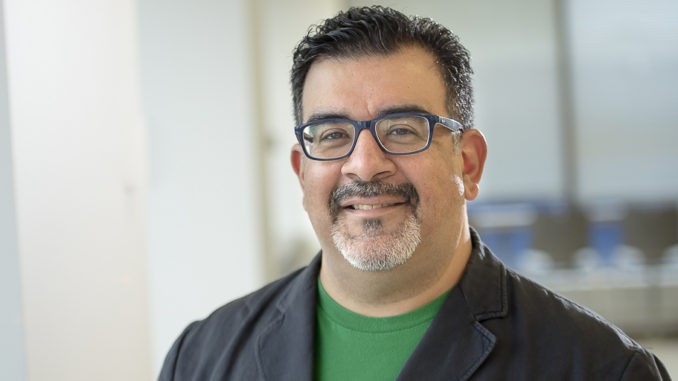
Tom Martin, the founder of legal bot maker, LawDroid, has been awarded a contract to build a voice-activated legal aid bot in the US in a major ‘real world’ test of the technology and its access to justice (A2J) capabilities.
Martin told Artificial Lawyer that it will be the first chat bot/legal bot funded by the Legal Services Corporation’s Technology Initiative Grant Program. In this case, the bot will be used on the HELP4TN web portal created by the Tennessee Alliance for Legal Services (TALS) in partnership with West Tennessee Legal Services.
LawDroid beat out four other bot developers to win the mandate. The bot will operate off Martin’s ‘Larissa’ voice-activated bot platform, which Artificial Lawyer profiled last month.
‘LawDroid will be making a hybrid voice and text-based chatbot that can engage users in guided interviews, provide vital legal information and generate custom legal documents,’ Martin explained.

However, if it can achieve this – and Martin has a great track record of building legal bots – then it will be an important milestone in the development of A2J legal bots that could become a model for other parts of the US, if not other parts of the world.
The organisers said in their RFP that they were looking for something that that would really make a difference to the huge number of people that cannot afford legal advice.
‘We expect that the development and adoption of this bot technology will radically change online legal service delivery in Tennessee and for all other adopting organisations,’ they said.

The system must also allow users to have ‘a conversational interview’ with the bot to automatically complete forms. Again, while this may sound relatively straight forward, ensuring that the right information is gathered and inputted in the right places, in the right way, is also not a simple task, especially if operating primarily via voice and with a member of the public who may not be familiar with legal terms or the legal process they are in need of help with.
In short, this will be a very important test that will provide a great proof of concept that legal bots can be used by the Legal Services Corporation and the many entities it supports.
One might add that other countries that are also struggling with cuts to legal aid, such as the UK, may also want to look at this type of technology.
In any case, Martin now has his work cut out for him. By the end of 2018 the legal bot needs to be integrated and launched on HELP4TN.org for testing and further iteration. There will then be a hard launch in around June, 2019.
Artificial Lawyer wishes Martin good luck on this great endeavour. This is a great use of legal technology that frankly every nation that has a justice gap (which is every nation) should be exploring.
3 Trackbacks / Pingbacks
Comments are closed.